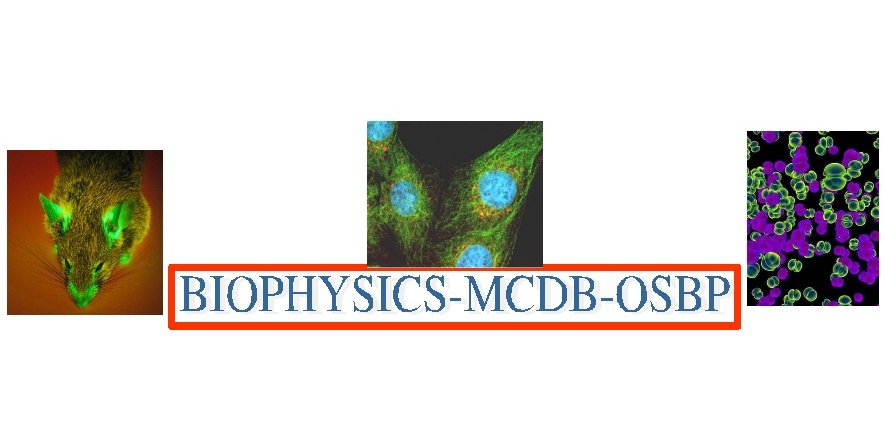Interdisciplinary Graduate Programs Symposium

2010 OSU Molecular Life Sciences
Interdisciplinary Graduate Programs Symposium

Poster abstracts
Abstract:
The myofibroblast is one of the principal cellular components involved in wound healing. De novo synthesis of the smooth muscle alpha actin (SMA) contractile protein and secretion of extracellular matrix proteins such as collagen permits the generation of mechanical force required for wound contraction and closure. Hyperactive myofibroblast differentiation causes tissue fibrosis and dysfunctional tissue remodeling. Understanding transcriptional control of SMA gene expression in myofibroblasts would aid in the design of anti-fibrosis therapeutic interventions. TGFβ1 is the major agonist of myofibroblast differentiation and we have discovered that SMA gene expression is mediated by a dynamic interplay between transcriptional activators and repressors within a 200 basepair region of promoter DNA. In human pulmonary fibroblasts (hPFBs), TGFβ1 induces early nuclear accumulation of Smad 2/3/4 proteins resulting in increased SMA gene transcription. DNA-binding studies using the 200 bp fragment of promoter DNA containing essential cis-regulatory elements revealed that serum response factor (SRF), an important transcriptional activator of muscle-related genes, may have a specific role in induction of SMA gene expression in pulmonary fibroblasts in response to altered substrate conditions. Cells grown on type I collagen or its denatured counterpart, gelatin, had very low basal levels of the SMA protein, characteristic of quiescent fibroblasts. In contrast, cells cultured on rigid plastic exhibited spontaneous, high-level expression of SMA protein. An autocrine TGFβ1-Smad signaling response was ruled out as an explanation for SMA expression on rigid plastic. A Smad-independent pathway mediated by SRF in concert with MEK1-Erk 1/2 MAP kinase signaling is proposed to dissociate the repressor proteins, Pur α, Pur β and YB-1, from the 200 bp SMA promoter fragment causing a de-repression of the SMA gene in substrate-activated pulmonary myofibroblasts. Our study will help identify aspects of substrate-based signaling that accelerate myofibroblast differentiation on non-deformable substrates and perhaps reveal new physiological relationships between tissue elasticity and the severity of chronic fibrotic disease in the lung. Supported by NIH HL 085109.
Keywords: Smooth muscle alpha actin, Transforming growth factor beta, Serum response factor